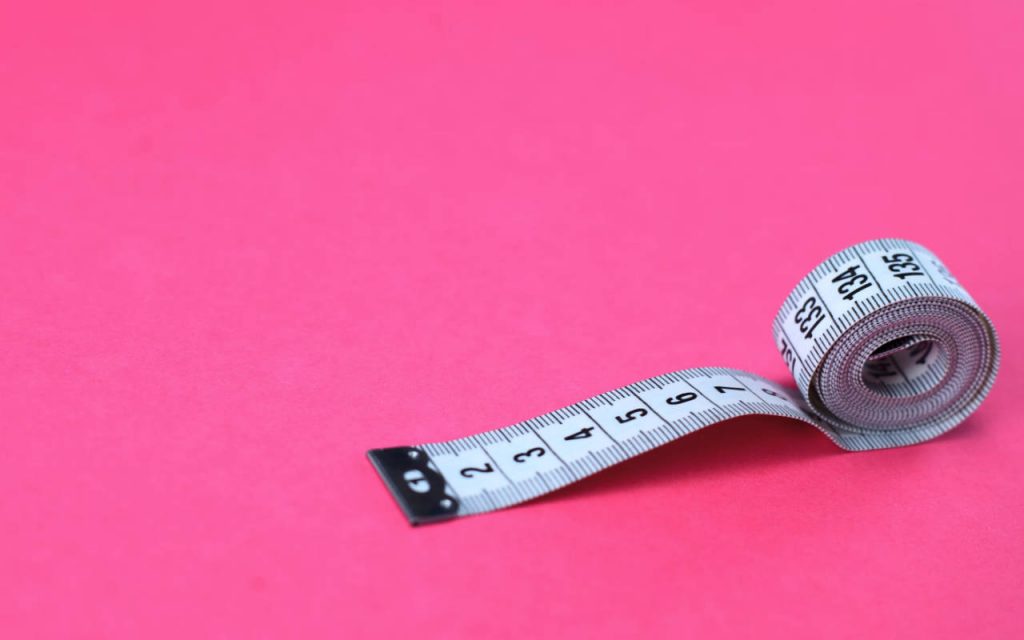Making polythene is a little bit like blowing a bubble.
Actually, it’s exactly like blowing a bubble! That’s because, in order to make polythene sheeting, films, bags – or any other polythene packaging product – you need to “blow” the polythene first.
Polythene films are manufactured in a special extrusion machine that blows air through semi-liquified polythene to form a long, tall bubble. The bubble cools and sets solid as it’s blown. At the top of the bubble, special rollers catch and flatten the polythene down. At this point, you have a continuous section of layflat tubing (LFT). From here, it either gets cut at the folds to make single wound polythene film rolls, cut down the middle to make centrefold sheeting – or it gets left as it is to be used as LFT. Bags can be welded together from these final products, depending on the size and any gussets required.
Learn More About How Polythene is Made

Now here’s the thing about bubbles… If you’ve ever played with bubble mixture as a child (or as an adult – no judgement here), you’ll know that bubbles aren’t the easiest thing to repeatedly make over and over, let alone making them the exact same size each time.
So, how can polythene be blown to such precise widths and gauges? The answer is complicated – because an element of chaos is always present, in any kind of manufacturing. There’s no such thing as “perfect”, no matter what anyone tells you. But we can get really, really close.
Polythene extrusion machines are finely tuned to create predictable, repeatable results – and to do this, a plethora of variables have to be factored in; temperature, material contraction, polymer blend, extrusion speed, final dimensions… There’s a lot to tune for. And while some of this is calculated and rooted in science, a lot of it is down to trial and error, learned and recalled.
This means that every batch is ever so slightly different, and to accommodate this, polythene trade tolerances are used. While we always strive for exact dimensions, trade tolerances give us (and you) a window to shoot for when supplying polythene, whether it’s standard stock or a custom-made, bespoke solution.
The standard tolerances for polythene bags, tubing and sheets
These are the industry standard trade tolerances, as applied to polythene packaging. We work to this standard, but can supply polythene in tighter tolerances if you require it.
Width
The trade tolerance for polythene width is +/- 3mm (0.125″) or 2% – whichever is greater.
Length
The trade tolerance for polythene product length is +/- 6mm (0.25″) or 2% – whichever is greater. These measurements are cut to cut – so on most end welded bags, this includes a bottom skirt of approximately 8mm.
Thickness (gauge)
We work to +/- 10% of the target thickness by gauge.
Quantity
We work to a +/- 10% target for the delivered quantity – but this may vary for small batch, bespoke orders.
What if you need tighter tolerances for polythene?
Where size is critical, tolerances could be tightened for bespoke orders. If you need the absolute best possible fit, talk to our polythene packaging experts.
Importance of working to trade tolerances
There are some obvious benefits to working to polythene trade tolerances – like getting what you paid for as a start. Making sure your packaging will suit your product means accounting for the tolerances in question, and knowing that there may be very slight discrepancies. But beyond pricing, there’s weight and logistics management to be aware of. Sure, polythene is lightweight, but shipping weights can mount up, and carriers can be strict.
There’s also PPT (Plastic Packaging Tax) to consider. PPT is calculated on tolerances; this means that all packaging should be uniform in weight (within production tolerances) – recycled content can then be calculated as an average across the output.
This isn’t a small factor, either. The rate of PPT tax is £200 per tonne, but inaccurate calculation of your virgin to recycled material blend could land you in some serious hot water with HMRC!
Polythene sheets and bags, made to your exacting standards
NPF Packaging works with you, to create the polythene product you need for the job. We work to polythene trade tolerances in all our bags and sheets – and beyond for bespoke requirements. Get a quote now, or call us on 01773 820415 to start designing your own polythene packaging.


